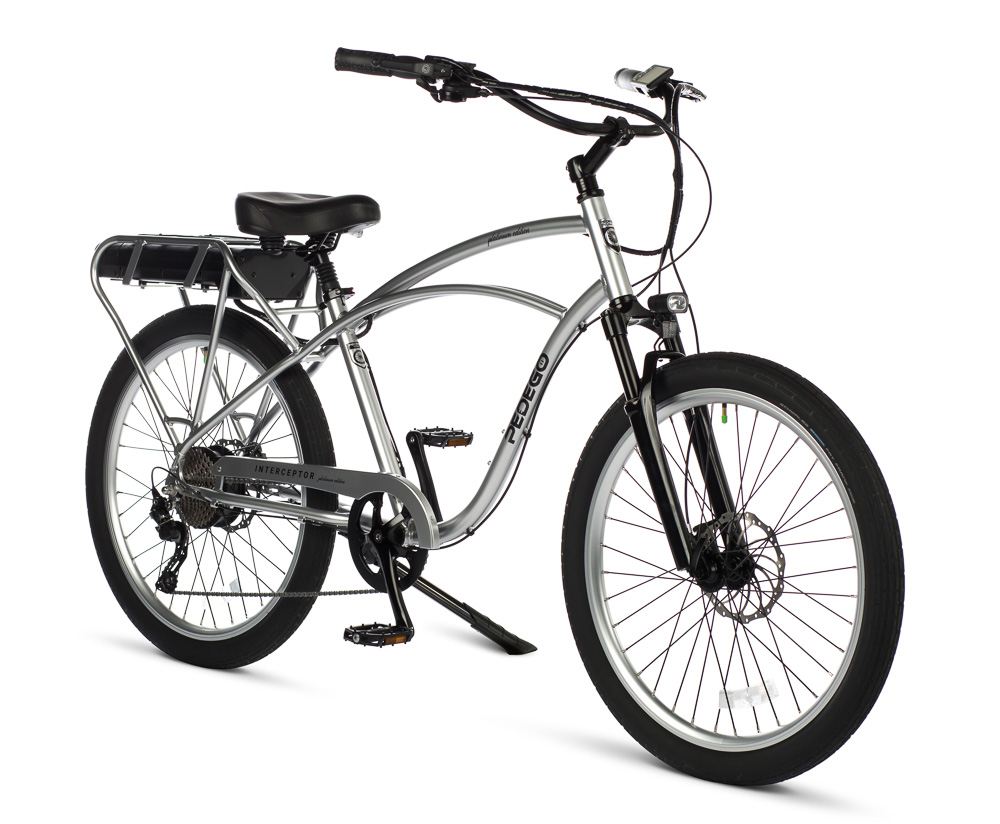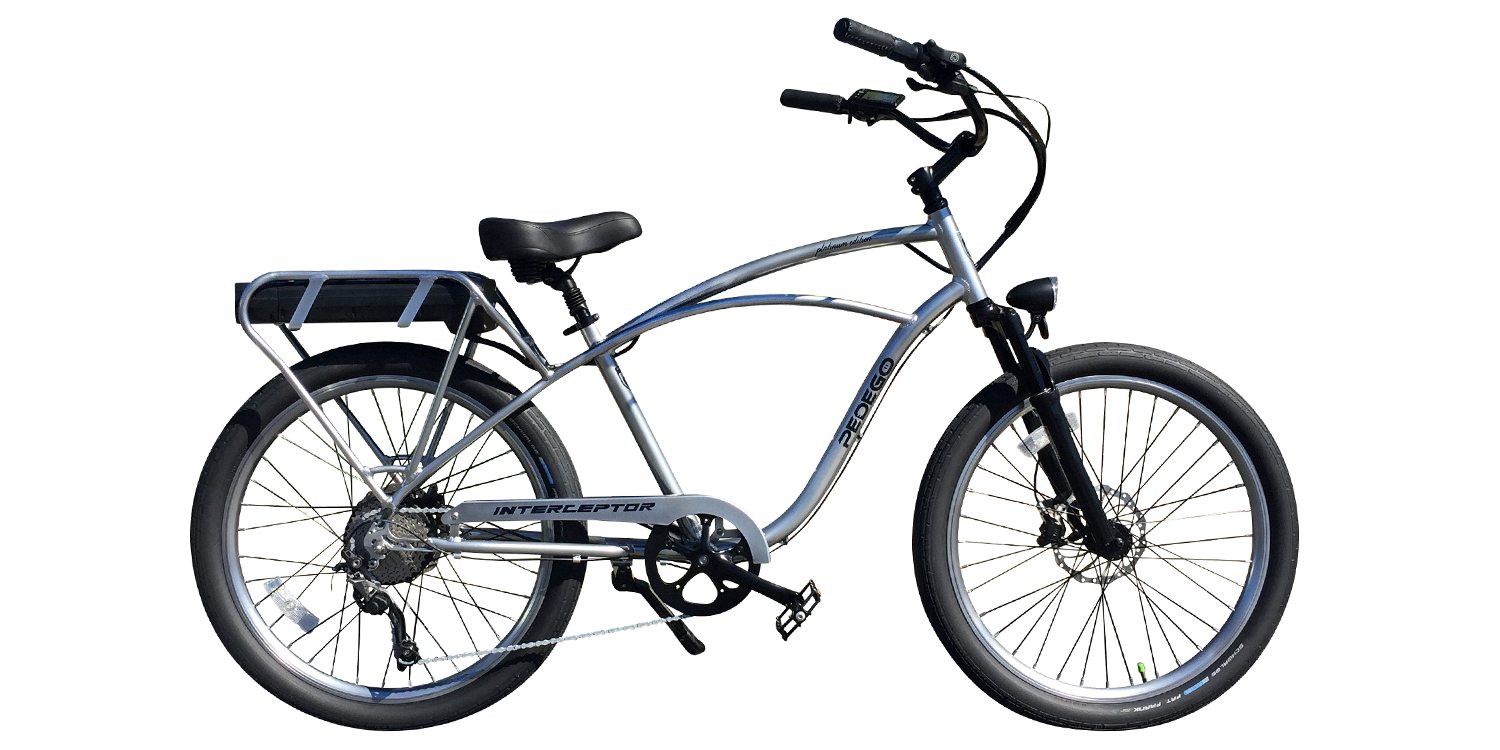Hi I was wondering if speed affects motor watt output? From my understanding, a motor can actually peak higher than what its rated because motor wattage is determined by how much power is fed to it from the controller.
With this in mind, let's say an individual has a motor rated 750 watts but due to local regulations, they limit the speed down to 20 mph (32 km/h.) By doing so, does that also restrict the motor output to 500 watts?
My assumption would be no, because while the motor may not output any more than 500 watts of power when riding along level ground at speeds of 20 mph (32 km/h,) when a rider accelerates or starts climbing a hill, it would make sense that the controller would send the motor as much power as needed, which may in fact exceed 500 watts.
But I am no expert in this area at all.
I recently came across a particular e-bike online that had a motor rated 1000 watts. However, on the website it stated that when the speed limit is set under 30 mph, the motor is restricted to 750 watts. So I'm curious.
Does anyone have any technical insights? Thanks so much.
With this in mind, let's say an individual has a motor rated 750 watts but due to local regulations, they limit the speed down to 20 mph (32 km/h.) By doing so, does that also restrict the motor output to 500 watts?
My assumption would be no, because while the motor may not output any more than 500 watts of power when riding along level ground at speeds of 20 mph (32 km/h,) when a rider accelerates or starts climbing a hill, it would make sense that the controller would send the motor as much power as needed, which may in fact exceed 500 watts.
But I am no expert in this area at all.
I recently came across a particular e-bike online that had a motor rated 1000 watts. However, on the website it stated that when the speed limit is set under 30 mph, the motor is restricted to 750 watts. So I'm curious.
Does anyone have any technical insights? Thanks so much.


